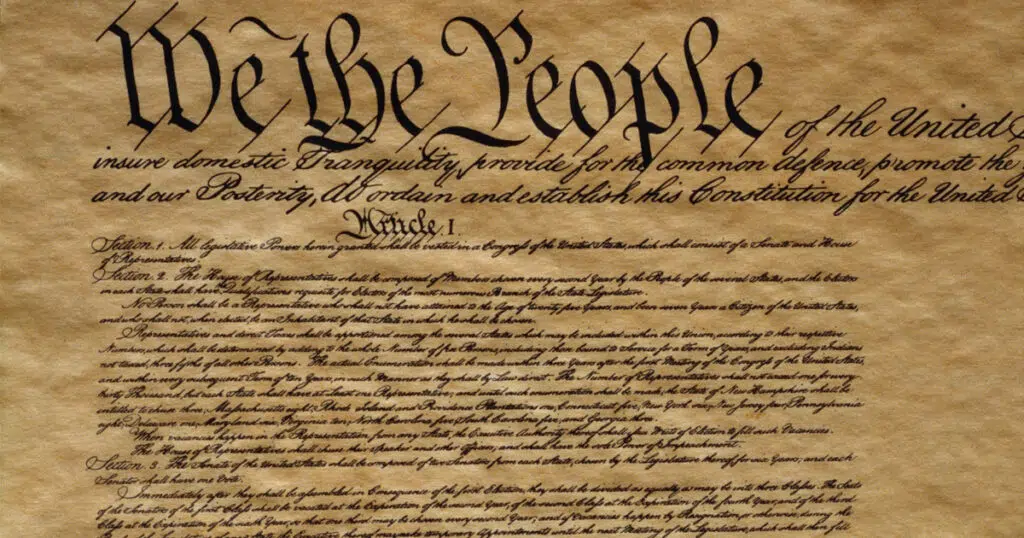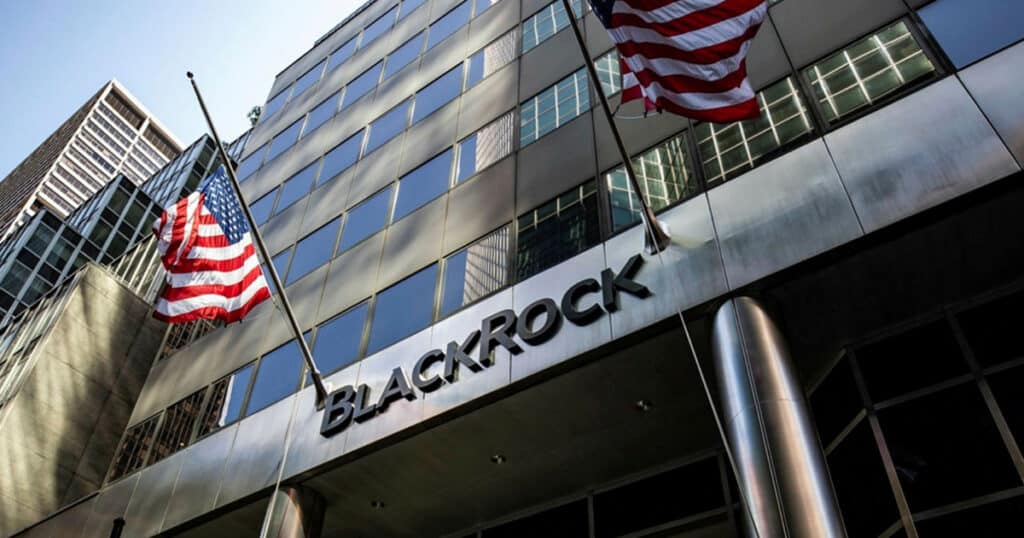
America’s Founding Remains a Miracle to Reflect Upon
I had previously read Miracle at Philadelphia by Catherine Drinker Bowen. I recently read The American Miracle by Michael Medved. I was blown away by their recounting of our nation’s founding. The fact that both books include the word “miracle” in their titles is no coincidence. You cannot accurately describe our nation’s founding in any other way.
Bowen takes us back to the Constitutional Convention from May to September of 1787 in Philadelphia, Pennsylvania. It reminded me again that while technology, science, health and medicine may make drastic leaps, human nature never changes. The 55 delegates who participated could be just as noble, or petty and sarcastic; just as cool-headed or given to anger and disagreement as any of us today.
Prior to the Convention, George Washington, who already had doubts about what was going to transpire, “was attacked by rheumatism so severe he could scarcely move in bed. But he recovered, made his journey by carriage, and on his arrival at Philadelphia was at once seized upon by the ladies of the city and invited out.” Washington’s diary reflects that he drank tea “in a very large circle of ladies at Mrs. Bingham’s in great splendor.” The author notes that “Mrs. Bingham was young, pretty and vivacious. She had lived abroad and liked to entertain lavishly.” I couldn’t determine whether Mrs. Bingham was simply being a gracious hostess to General Washington or flirting with him. Perhaps both.
Bowen reflects that when the venerable Washington arrived in Philadelphia “bells chimed and artillery boomed.” Bowen also describes how Washington’s first stop upon his arrival in Philadelphia was to call upon Dr. Benjamin Franklin. Franklin planned to entertain the delegates and had “laid in a cask of porter against the occasion.” It seems that regardless of whether the convention was successful, they were going to drink and enjoy it!
When a quorum was finally obtained, “Washington was unanimously elected president of the Convention and escorted to the chair.” From that raised dais “he made a little speech of acceptance, depreciating his ability to give satisfaction in a scene so novel.” What humility. Washington stated that “as he never had been in such a situation he felt himself embarrassed, that he hoped his errors, as they would be unintentional, would be excused. He lamented his want of qualifications.”
To his colleagues, Bowen writes, this “must have been reassuring as Washington was everywhere known as “the greatest character in America”—a man of prestige, with a landed estate and a magnificent physical appearance.” Bowen explains that Washington would “sit silent in the Convention … He showed himself firm, courteous, inflexible. In his silence lay his strength. His presence kept the Federal Convention together, kept it going, just as his presence had kept a straggling, ill-conditioned army together throughout the terrible years of the war.”
Bowen powerfully captures the challenges, including the heat. “Over Philadelphia the air lay hot and humid; old people said it was the worst summer since 1750. French visitors wrote home that they could not breathe. The slightest movement is painful.” She describes the scene inside the convention hall itself. “Delegates sat at tables covered in green baize—sat and sweated, once the summer sun was up. By noon the air was lifeless, with windows shut for privacy, or intolerable with flies when they were open. New Englandmen—’the Eastern gentlemen’—suffered in their woolen suits. Only the Southerners were suitably dressed in light camlet coats and breeches.”
With some of the most famous names in America present—including Washington, Franklin, Madison, and Hamilton—Thomas Jefferson, who was in Paris serving as finance minister, deemed it “an assembly of demigods.”
In a riveting moment, Medved writes, with the Convention dragging, Franklin rose to acknowledge the “small progress we have made” and then implored the delegates to begin each morning in prayer. “I have lived, Sir, a long time, and the longer I live, the more convincing proofs I see of this truth—that God governs in the affairs of men. And if a sparrow cannot fall to the ground without his notice, is it probable that an empire can rise without his aid?”
It’s inspiring to reflect upon America’s profound but improbable beginning. As November 5th approaches, it’s important to remember that the Democrat Left are seemingly unconcerned with the miraculous founding and divine purpose of America—this miracle in self-government. We should strongly oppose the destruction of our way of life.



